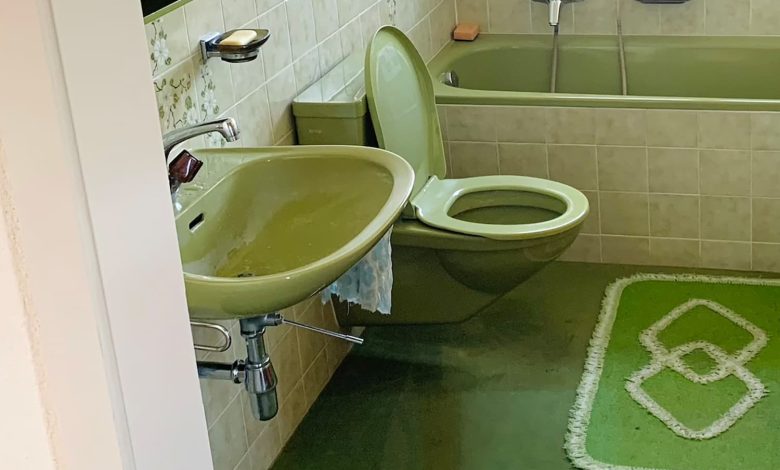Drugs That Can Cause Your Poop to Turn Green

The color and consistency of your stool can reveal a lot about your digestive health. While occasional changes in the color of your poop are usually nothing to worry about, it’s essential to be aware of potential causes, including medications. One surprising side effect of certain drugs is green stool.
In this article, we’ll explore some common medications that can turn your poop green and discuss the reasons behind this peculiar phenomenon.
1. Iron Supplements
Iron supplements are commonly prescribed to treat iron-deficiency anemia, a condition where your body lacks sufficient iron to produce red blood cells effectively. Green stool is a well-known side effect of taking iron supplements. This change in color occurs because unabsorbed iron can interact with compounds in your digestive tract, resulting in green pigmentation.
2. Antacids
Antacids are used to alleviate symptoms of acid reflux and heartburn by neutralizing stomach acid. Some antacids contain aluminum hydroxide, which can lead to green stool in some individuals. This color change is caused by the chemical reactions between the aluminum compounds and your digestive juices.
3. Antibiotics
Certain antibiotics, like ciprofloxacin and azithromycin, can turn your stool green. This is typically a result of these medications affecting the balance of your gut bacteria. The disruption in the natural flora of your digestive system can alter the color of your poop.
4. Medications with Synthetic Dyes
Various medications are formulated with synthetic dyes to enhance their appearance or differentiate between dosages. These dyes can sometimes pass through your system without being fully absorbed, leading to green-colored stool. Keep in mind that the specific dyes and medications involved may vary.
5. Laxatives
Some types of laxatives, such as magnesium-based laxatives, can cause green stool. These products work by drawing water into your intestines to soften stool and promote bowel movements. The increased fluid content can affect the color of your stool.
6. Food Dye Allergies
In some cases, medications are not solely responsible for green stool; instead, it may be a combination of medications and certain foods. For example, if you’re allergic to food dyes and consume foods with these dyes while taking medications, the interaction between the two can lead to green stool.
Should You Be Concerned?
In most cases, green stool caused by medications is harmless and temporary. Once you stop taking the medication or if your body adjusts to it, your stool color should return to normal. However, if you experience persistent green stool or additional concerning symptoms, such as diarrhea, abdominal pain, or blood in your stool, it’s crucial to consult a healthcare professional.
Persistent green stool, especially when accompanied by other troubling symptoms, may be a sign of an underlying issue that needs medical attention. Here are some key points to consider:
1. Duration: If your stool remains green for an extended period after discontinuing the medication, this could indicate a more significant problem. Don’t ignore it; consult a healthcare provider.
2. Additional Symptoms: The presence of diarrhea, abdominal pain, cramping, or blood in your stool should not be taken lightly. These symptoms could be indicative of a gastrointestinal problem, infection, or other medical conditions. Seek medical advice promptly.
3. Allergic Reactions: Some individuals may experience adverse reactions to medications, including allergies, which can manifest as changes in stool color. Allergic reactions can range from mild to severe, so if you suspect an allergy to your medication, reach out to a healthcare professional immediately.
4. Underlying Health Conditions: Occasionally, green stool might be a sign of an underlying digestive disorder or malabsorption issue, unrelated to the medication you are taking. Conditions like celiac disease, Crohn’s disease, or irritable bowel syndrome can affect stool color. If you have concerns about your digestive health, consult with a healthcare provider to rule out these possibilities.
Conclusion
Changes in the color of your stool or urine can be alarming, but they are often harmless and can be attributed to the medications you are taking. Understanding the potential side effects of your medications, including green stool, is essential to maintaining peace of mind about your digestive health. If you ever have concerns about your stool color or any other side effects related to your medications, don’t hesitate to consult your healthcare provider for guidance and reassurance.





